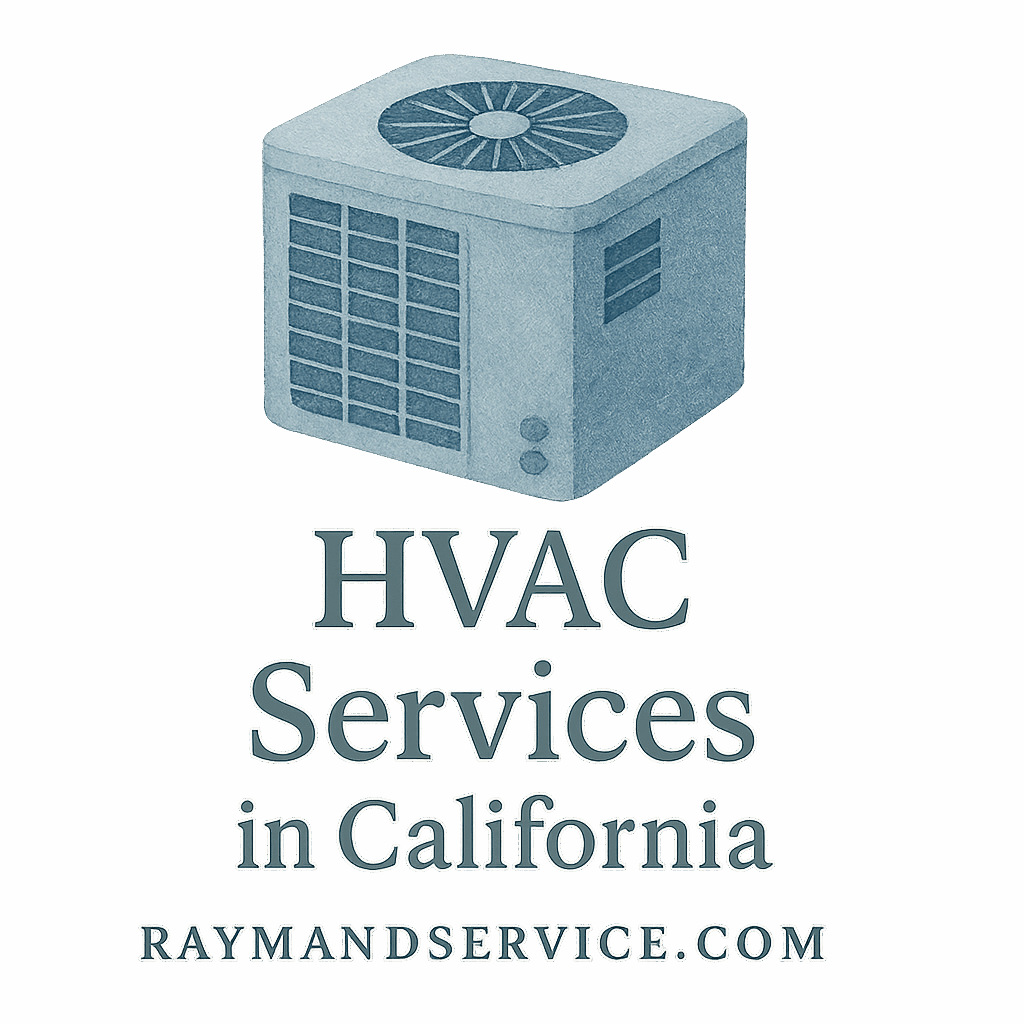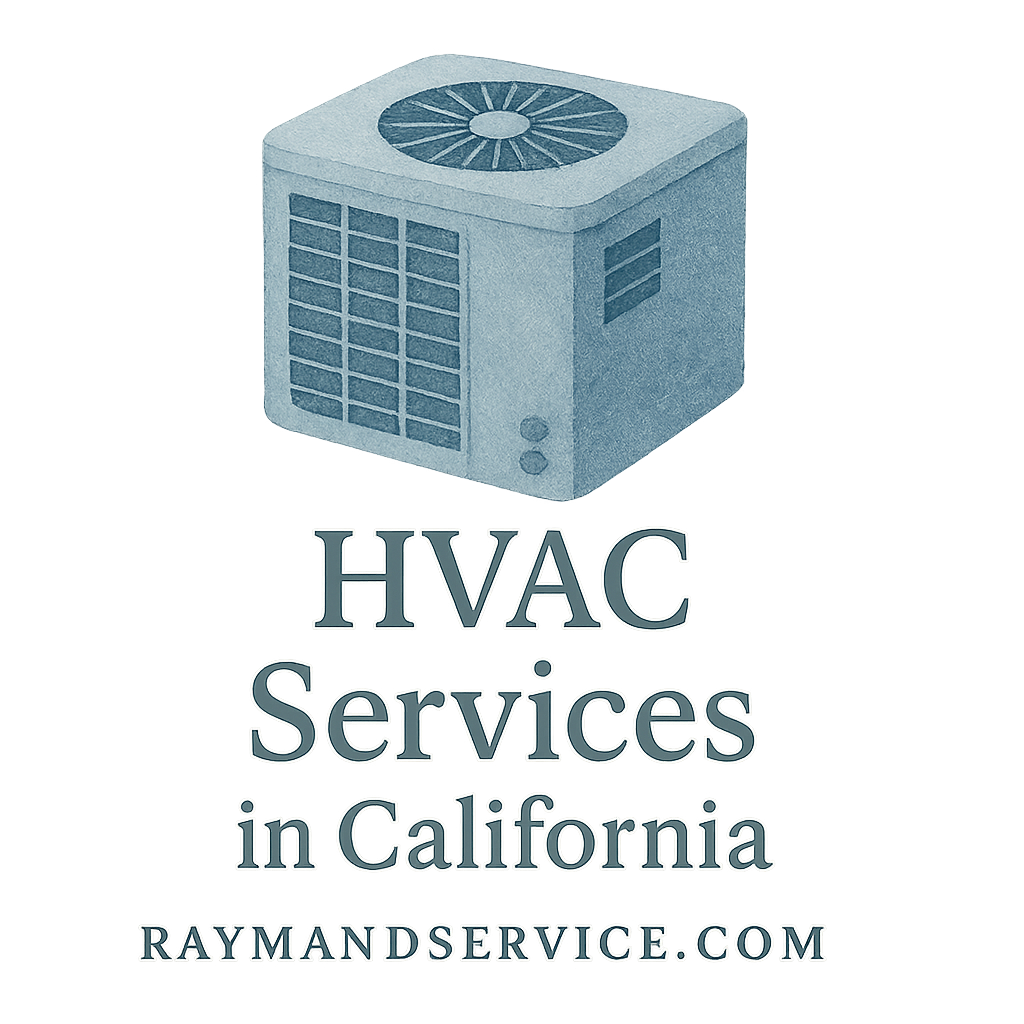California’s wildfire season isn’t just another summer inconvenience—it’s a full-on environmental battle. With skies turning orange and air quality plummeting, your HVAC system can be your home’s unsung hero—or your biggest vulnerability. The good news? You can prepare for wildfire season with smart HVAC upgrades and services.
Let’s dive into the top 7 HVAC services that can make your home a fortress during wildfire season in California.
Introduction: Why Wildfire Season in California Demands HVAC Readiness
When wildfires rage across California, the smoke, ash, and particulates don’t just stay outside—they creep into homes, affecting indoor air quality and health. If you’re not prepping your HVAC system ahead of wildfire season, you’re leaving your comfort and safety up to chance.
Good news: there are specific, high-impact services you can schedule to safeguard your HVAC system and indoor air. Let’s break them down.
1. Air Filter Replacement: Your First Line of Defense
Choosing the Right Filter for Smoke and Ash
Standard filters just won’t cut it when you’re dealing with smoke particles. For wildfire season, look for HEPA filters or filters with a MERV rating of 13 or higher. These are designed to trap the fine particles that wildfire smoke carries—stuff that can easily pass through basic filters.
You can explore more filtration benefits and advice at Raymand’s airflow tag.
How Often Should You Replace It During Wildfire Season?
During heavy smoke days, filters clog up fast. That means you may need to replace them every 2–3 weeks—not just monthly. Regular HVAC maintenance from Raymand Service includes filter inspections and replacements, saving you the guesswork.
2. Ductwork Inspection and Sealing
Preventing Smoke Infiltration through Leaks
Leaky ducts are like open invitations for smoke. Sealing those leaks helps keep dirty air out and clean, conditioned air in. This also prevents cross-contamination between rooms.
Benefits Beyond Wildfires
Not only does sealed ductwork protect you from smoke, but it also boosts your system’s energy efficiency—a win-win. For more information on improving home efficiency, visit Raymand’s energy efficiency upgrades.
3. Indoor Air Quality (IAQ) System Upgrades
HEPA Filters, UV Lights & Air Purifiers
You’ve got options: high-efficiency particulate air (HEPA) filters, UV germicidal lights, and whole-home air purifiers all work to improve indoor air during wildfire events. These systems filter and sanitize the air inside, which is especially critical for homes in California.
IAQ Upgrades vs. Portable Air Cleaners
While portable air purifiers are helpful, they can’t compete with a whole-home IAQ system. A professional IAQ upgrade integrates directly with your HVAC system for full coverage.
Need help choosing the right solution? Check out Raymand’s IAQ services.

4. HVAC Maintenance and Troubleshooting
Why Pre-Wildfire Maintenance is Critical
Before wildfire season starts, get a pro to do a full system check-up. Dirty coils, malfunctioning fans, or refrigerant issues can compromise your system when you need it most.
Explore Raymand’s full maintenance services for seasonal readiness.
How to Spot Trouble Before It Starts
Watch out for:
- Musty smells
- Reduced airflow
- Odd noises
- Uneven temperatures
These could be signs that your system is struggling and needs immediate attention.
5. Smart Thermostat Installation
Automating Air Control During Emergencies
Wildfire smoke levels can spike suddenly. With a smart thermostat, you can automate your system to switch to recirculate mode when outdoor air is hazardous.
Remote Access When You’re Evacuated
If you need to evacuate, a smart thermostat lets you control your system from anywhere. This can be a lifesaver for maintaining air quality at home or protecting pets and family members left behind.
Explore Raymand’s residential HVAC services to get started.
6. Whole-Home Ventilation System Optimization
Keeping the Air Fresh While Avoiding Pollutants
A proper ventilation system doesn’t just move air—it manages where that air comes from. During wildfire season, ventilation should be optimized to reduce outdoor air intake while maintaining circulation.
How Seasonal HVAC Services Help
Seasonal services, like those at Raymand’s seasonal HVAC offerings, fine-tune your system so it’s ready for what California weather throws your way.
7. Emergency Power Backup for HVAC Systems
Why You Need Backup Power During Wildfires
Power outages during wildfires are more common than ever. Without electricity, your HVAC system—and air purification—goes offline, exposing you to polluted air.
Generator Types & Installation Tips
From portable to standby generators, there’s a range of options. Choose one that supports your HVAC system’s load and consider automatic transfer switches for peace of mind.
Learn more about eco-friendly backup solutions and how they integrate with HVAC.
Eco-Friendly HVAC Upgrades for Sustainability
Sustainability matters, especially in wildfire-prone areas. Eco-friendly HVAC systems not only help the planet but also perform better under stress. Systems designed with green technology tend to be more resilient, efficient, and air-tight.
Looking to reduce your carbon footprint and protect your home? Tap into Raymand’s energy-saving services.
How Raymand Services Can Help You Prepare
Whether you need residential upgrades, commercial overhauls, or just seasonal maintenance, Raymand Service has you covered. They offer everything from commercial HVAC services to seasonal tune-ups.
With years of experience across California’s toughest seasons, they’re the local pros you can trust.
Conclusion
Wildfires in California are becoming more frequent and intense. Preparing your HVAC system isn’t a luxury—it’s a necessity. From air filter replacements to smart thermostats and backup power, these seven HVAC services can help keep your home safe, breathable, and resilient during wildfire season.
Don’t wait until the smoke rolls in—get ahead of it with HVAC services that protect your comfort and your health.
FAQs
1. How do wildfires affect my HVAC system?
Wildfires bring in ash and smoke that can clog filters, damage internal components, and reduce air quality. Proper HVAC prep helps reduce these risks.
2. What’s the best HVAC filter for wildfire smoke?
A HEPA or MERV 13+ filter is best for capturing fine smoke particles and allergens.
3. Can smart thermostats help during a wildfire?
Absolutely. They allow you to automate your HVAC system and control it remotely during emergencies or evacuations.
4. How often should I get HVAC maintenance in California?
At least twice a year—ideally before summer and winter. But if you’re in wildfire zones, add a service visit right before fire season.
5. Will sealing ductwork improve indoor air quality?
Yes. It helps prevent outdoor pollutants like smoke from leaking into your system.
6. What’s the difference between IAQ upgrades and portable air purifiers?
IAQ upgrades integrate with your entire HVAC system, while portable units only treat small areas.
7. Does Raymand Service offer eco-friendly HVAC options?
Yes, they specialize in energy-efficient, green, and sustainable HVAC solutions.


